When transporting or storing sensitive goods – such as food products and chemicals – it is of critical importance that proper care is taken to ensure they remain at a safe temperature at all times.
If these perishable items are allowed to reach unsatisfactory temperatures, even for a short period of time, their value and suitability for use can drop dramatically.
For that reason, it is important that anyone transporting or storing temperature sensitive goods employ a reliable temperature data logger, which can constantly monitor and record surrounding conditions.
How does a data logger work?
Temperature data loggers come in many shapes and sizes, but they all serve the same purpose – to continuously monitor temperatures in a secure and unobtrusive fashion.
All you have to do is position the data logger close to the sensitive goods in question and switch it on. From there, the logger will measure and record the temperature of the room.
The continuous recording functionality of a data logger is important as it allows individuals to go back and review temperature changes to ensure conditions did not become unsafe at any point in the transportation or storage process.
How do I choose a temperature data logger?
Temperature data loggers come in a variety of shapes and forms, to fit a range of budgets. Choosing the right one for your needs will depend on the nature of goods being transported and your unique requirements.
At the more affordable end of the scale is the testo 174T Mini Temperature Data Logger. This data logger is very compact, but doesn’t sacrifice on clarity or reliability. In fact, this device boasts an accuracy rating of plus or minus 0.5 degrees Celsius, and is capable of recording a temperature range between -30 and 70 degrees Celsius.
Those with a little more to invest might want to opt for a more sophisticated device, like the testo 176 T4 multi channel temp logger. With four external Thermocouples, the 176 can monitor several different sites at once, making it perfect for a wide range of applications.
For more information and advice on choosing the right data logger for your needs, considering getting in touch with a testo expert today.



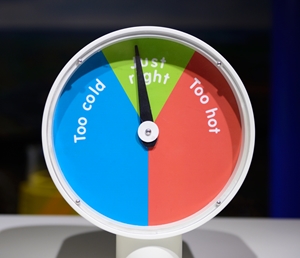


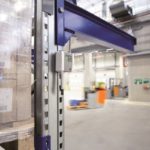
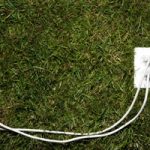

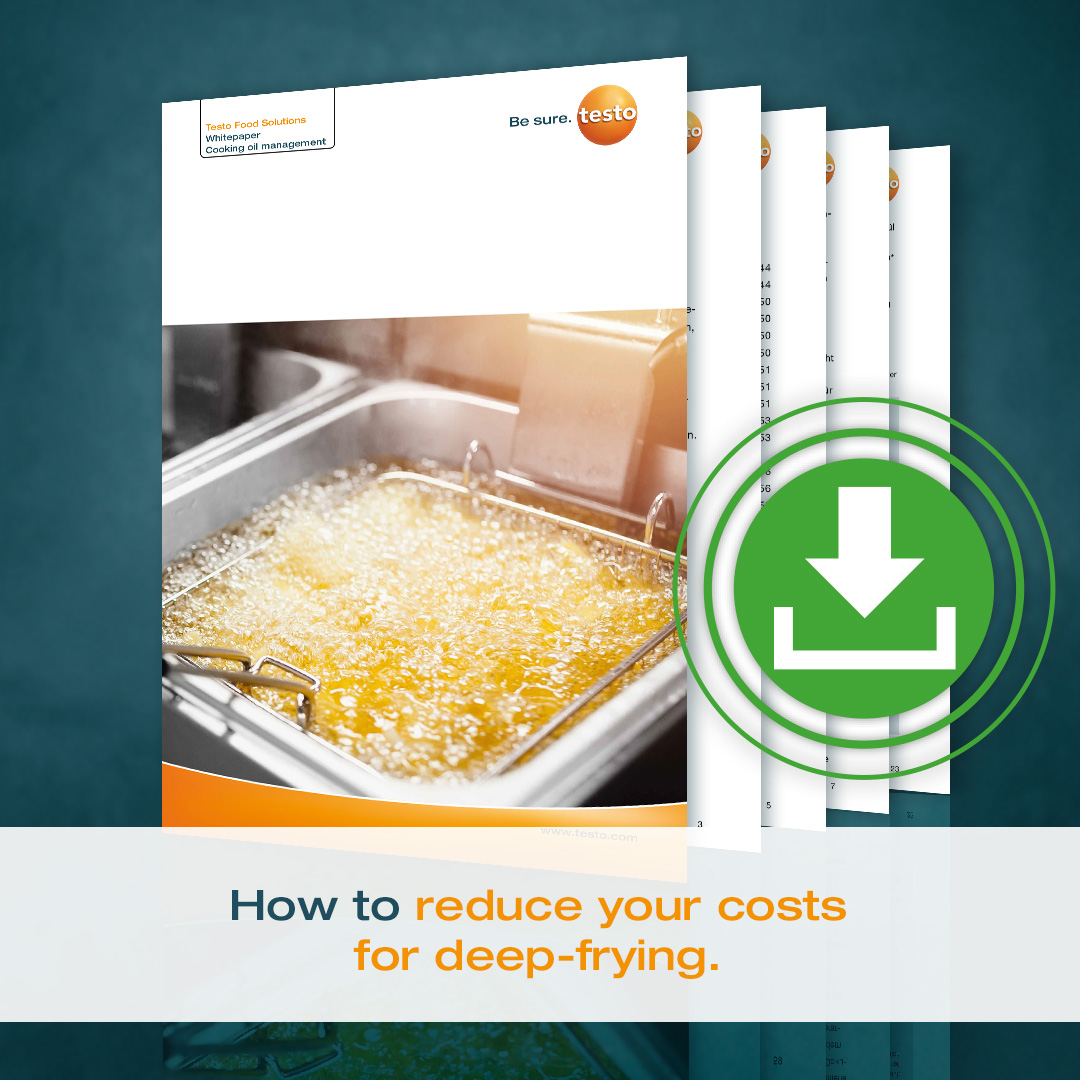 Reduce cooking oil costs while ensuring quality
Reduce cooking oil costs while ensuring quality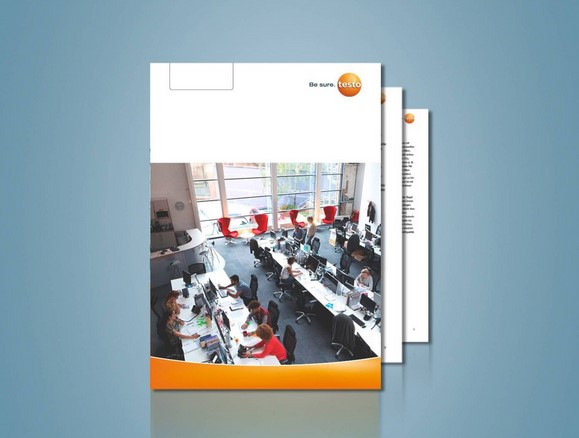 Expert knowledge on CO2 monitoring
Expert knowledge on CO2 monitoring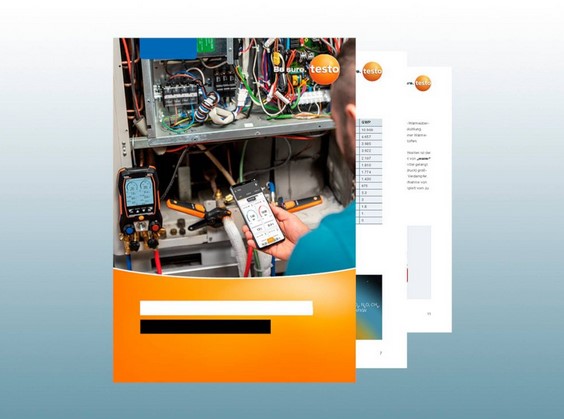 Refrigeration knowledge - in 3 modules
Refrigeration knowledge - in 3 modules



